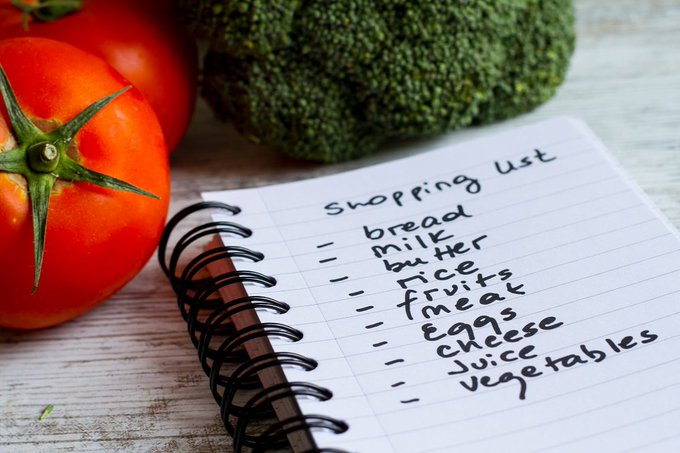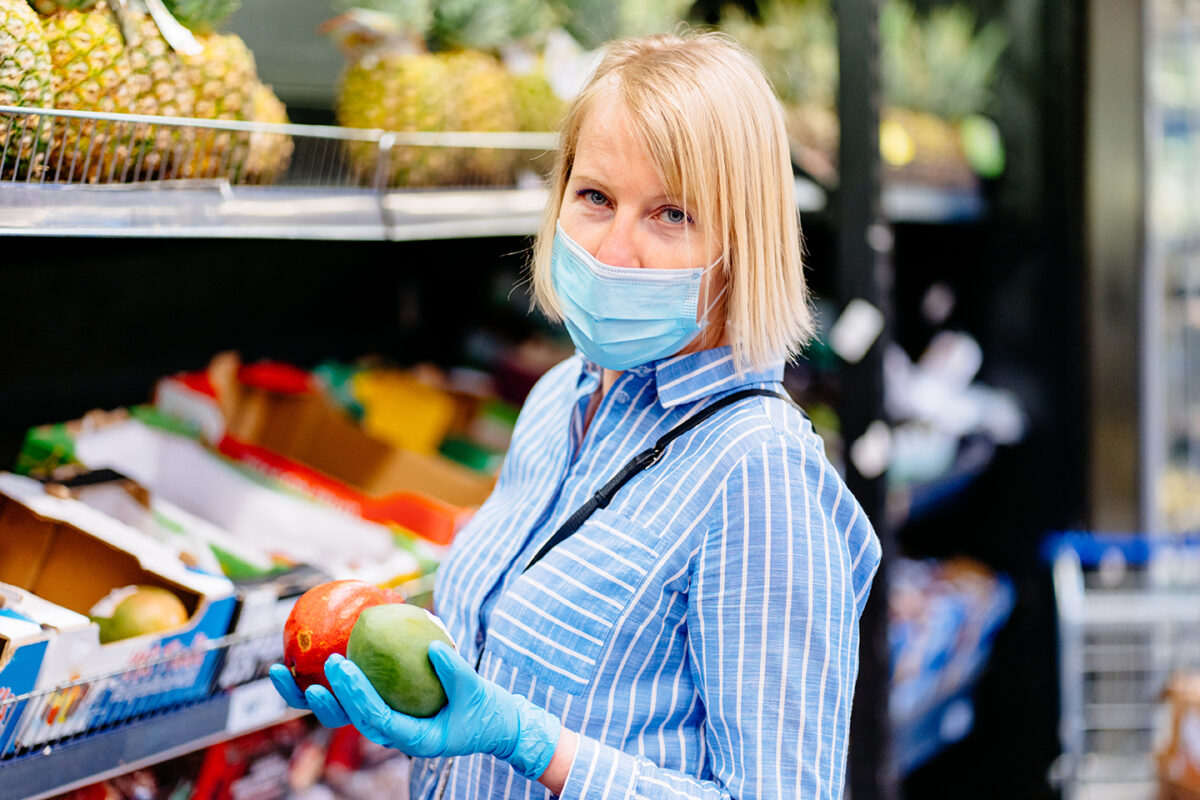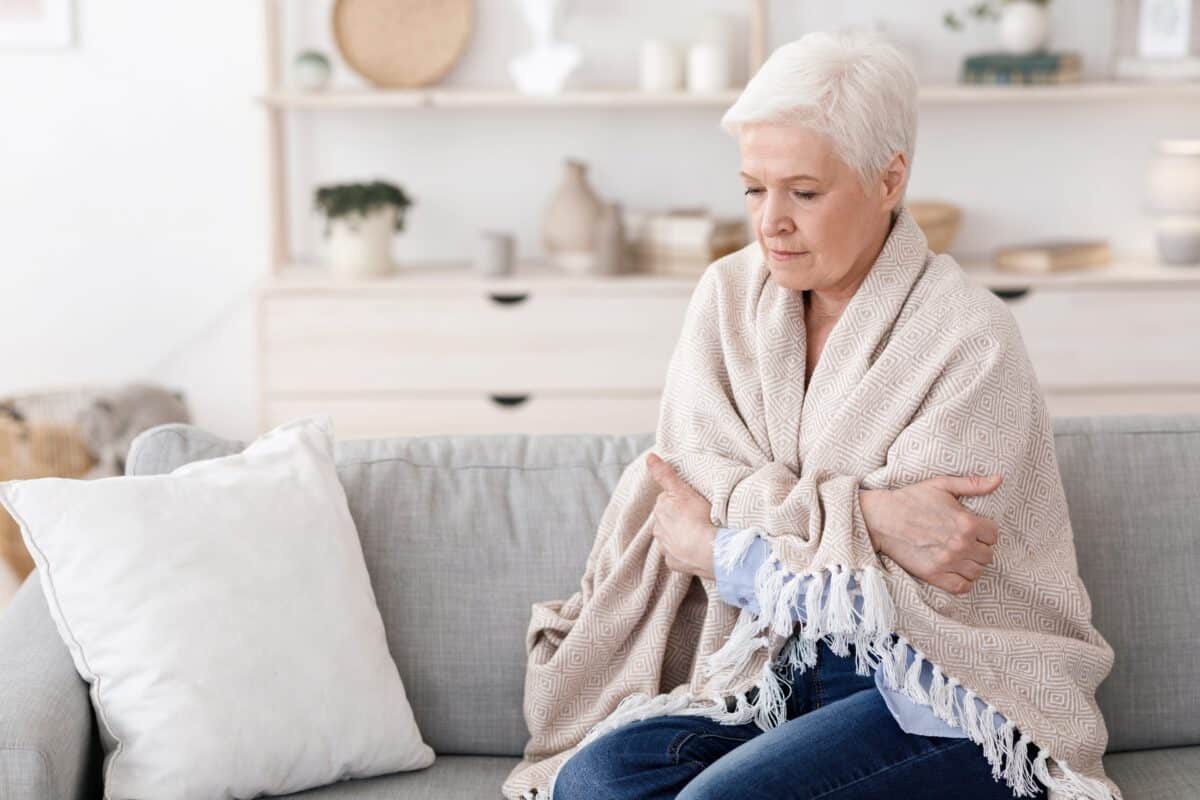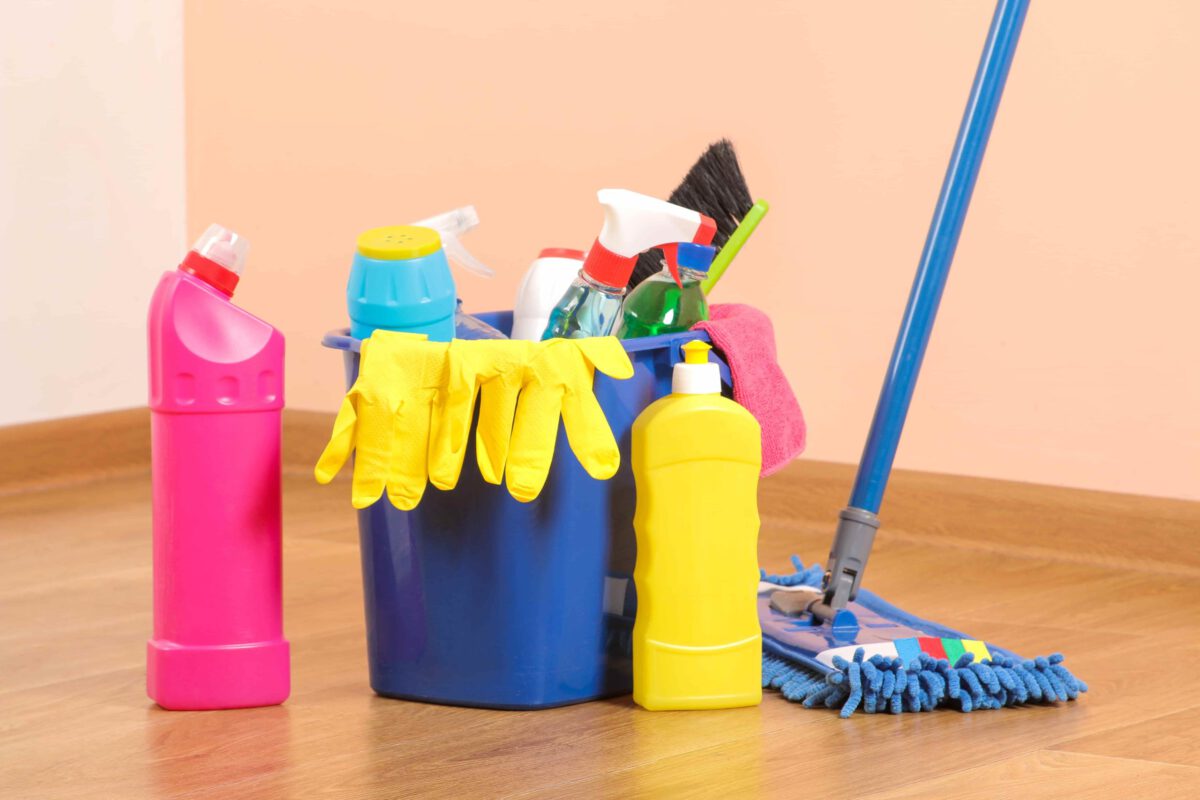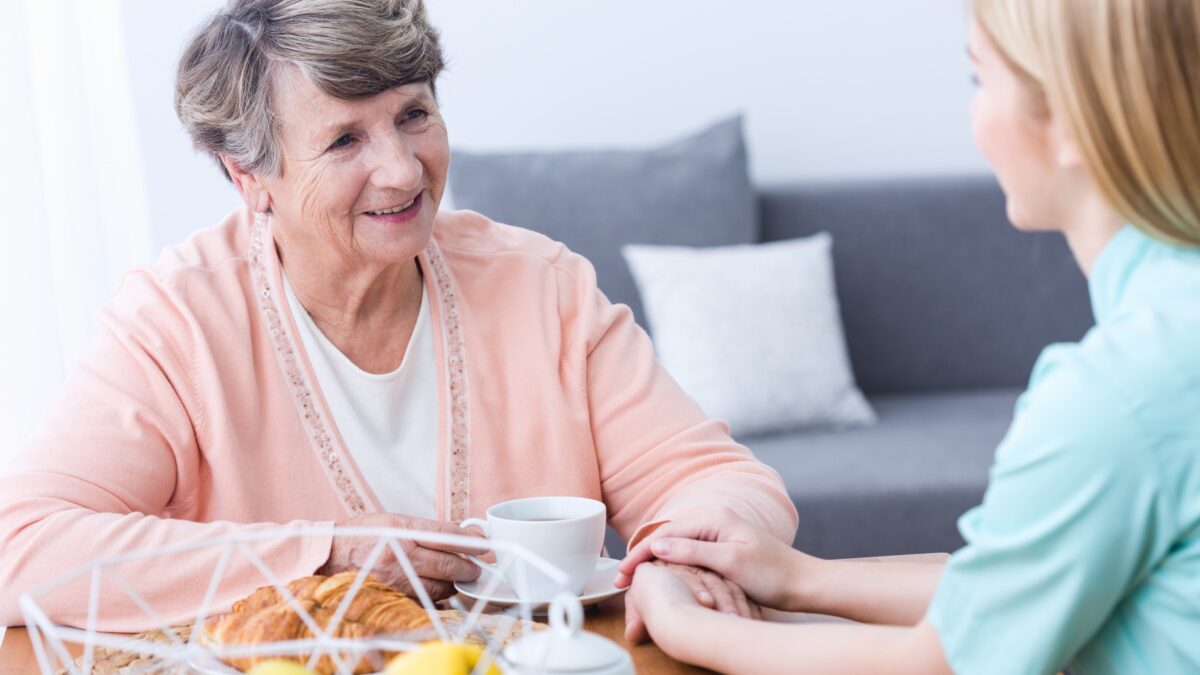Helping an Older Loved One Eat Healthy During the COVID-19 Pandemic
After news of the first documented cases of COVID-19 in the United States broke, one of the first things people did to prepare themselves for the coming public health crisis was head to the grocery store and stock up on food supplies. Just like statistics on the spread of the virus were on everyone’s minds, so was food, and having continued access to it.
Food, besides being a necessity of survival, is also closely tied to protection from certain diseases and conditions, which is where the expression “food is medicine” comes from. By eating well, we can decrease our risk of the kind of chronic conditions that put us at risk for viruses like COVID-19, such as heart disease and diabetes, and increase our bodies’ supply of necessary disease-fighting vitamins, minerals and proteins. On the flip side, if we don’t eat well, our risk for heart conditions, diabetes, obesity, hypertension, along with other diseases and chronic condition increases, which also increases our vulnerability to viruses. Without essential vitamins and minerals, our immune systems might weaken. Older adults with poor nutrition are at even greater risk, since immune responses naturally decrease with age. According to the CDC, older adults, especially those who are obese or have pre-existing conditions, are among the most at risk populations for experiencing severe cases of COVID-19 that may lead to hospitalization, use of respirators or death.
As caregivers of an older loved one, it’s important to understand what the challenges to helping a loved one maintain good nutrition during this time are, and what we can do to make sure their diet is the best it can be.
Challenges to healthy eating during the pandemic
We all know that healthy eating is important, but sometimes actually making it happen is easier said than done. COVID-19 has presented some unique challenges to eating well, including:
- Concerns about the safety of in-person grocery shopping, and limited supplies of certain foods in-store and online.
- Increases to overeating caused by stress and boredom, worsened by more limited opportunities for physical activity.
- Widespread financial difficulties that may lead to purchasing unhealthy, cheaper foods, and skipping healthier, more costly items.
- Rising prices of certain foods that have been affected by production difficulties both nationally and internationally, such as chicken and dairy products.
- Disruptions to services such as adult day programs and senior centers where older adults may have previously received regular meals.
How to help a loved one maintain a healthy diet
There are actions we can take to improve a loved one’s diet through decisions we make at the grocery store and behavior changes we encourage at home.
At the grocery store, along with following proper safety guidelines, we can:
- Purchase foods that are shown to boost the immune system, including:
- Broccoli
- Garlic
- Yogurt
- Citrus fruits (grapefruit, oranges, limes, etc)
- Spinach
- Ginger
- Consider what’s in season, and thus more affordable, when buying fruits and vegetables.
- Bring a list of all the ingredients we will need for pre-planned meals for a loved one and stick to it. This may stop us from grabbing unhealthy items at random when we’re shopping. Buying only what we need will also ultimately help us save money.
- Consider alternate sources of protein such as legumes, eggs, tofu and chickpeas if a loved one’s diet is being affected by increases in the price meat.
At home, we can:
- Pay attention to the foods a loved one is turning to for comfort when they are stressed or bored. If they’re handling their emotions with unhealthy foods, we might want to consider consulting a doctor or dietician about whether we should help them curb this habit, and appropriate strategies to do so. We can consider replacing unhealthy comfort foods at home with similar, but healthier, options. We might also redirect their attention towards an activity they enjoy, which may help to manage their stress and boredom.
- Make sure a loved one is getting enough sleep. COVID-19 has affected many people’s sleep schedules, leading to further stress and potential stress eating. If a loved one isn’t sleeping well, the Sleep Foundation recommends watching their intake of alcohol and caffeine, as well as considering foods containing melatonin or serotonin, such as bananas or almonds.
- Ask a loved one’s doctor to provide meal guidelines based on their condition and needs if they have an existing condition or have recently been discharged from the hospital. These guidelines should be followed as recommended by the doctor.
- Use vitamins and minerals to supplement areas of a loved one’s nutrition that might be lacking, according to the recommendation of a doctor.
We should not be afraid to rely on local services for help if we need to. Home-delivered meals programs and food banks exist to provide support to those who need it, and may be valuable options depending on the situation of the loved one we care for.
